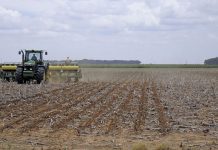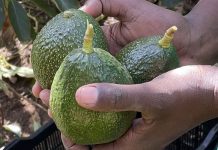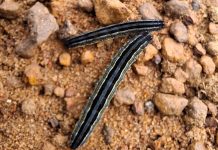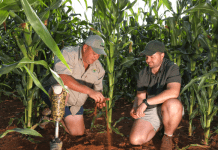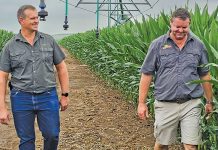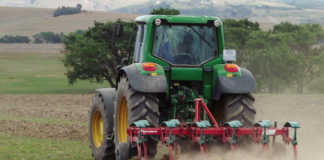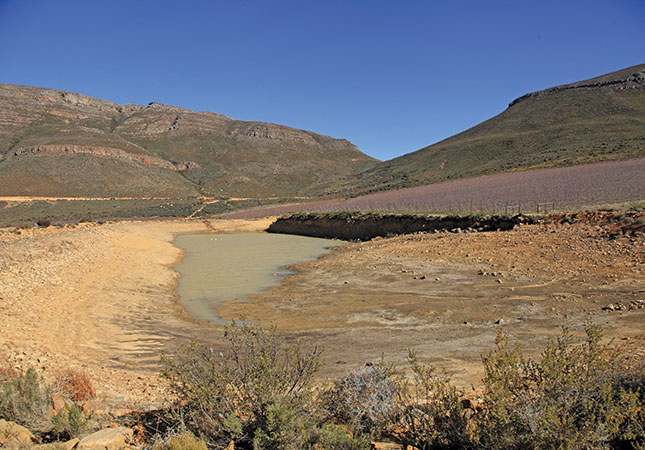
According to Carl Opperman, CEO Agri Western Cape, the critically low farm dam levels were particularly worrisome since the province’s rainy season was already over.
“Water shortages remain a huge challenge and Agri Western Cape is worried about the long-term effect of the drought on the province’s strong export commodities that need water for production,” said Opperman.
In the Karoo area, farm dams were now at levels where they would normally be by March next year, according to Opperman. He added that the organisation was still delivering feed to producers in the drought-stricken Karoo and West Coast areas where livestock producers had been without available grazing for months.
“It is still too early to predict how the season will turn out for the province’s fruit producers. Our orchards are in full bloom, but producers had to use water saved for the post-harvest for the pre-harvest, and water availability will be the deciding factor for the season ahead,” he said.
However, Opperman said this season’s grain production was looking better than the same time last year. “Despite the below average rainfall this winter, the rain fell at ideal intervals for grain production.”
According to Local Government MEC, Anton Bredell, the regions in the most dire need were the Cape Winelands, the West Coast and the central Karoo, although the Cape Town metropolitan area was experiencing increased pressure.

